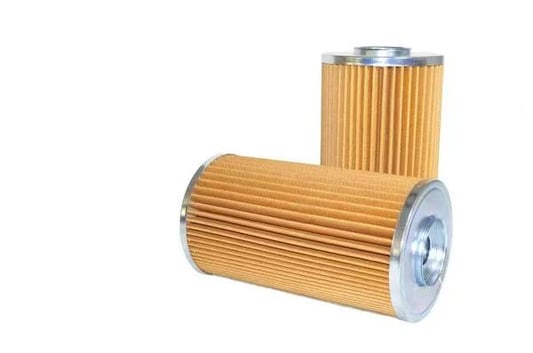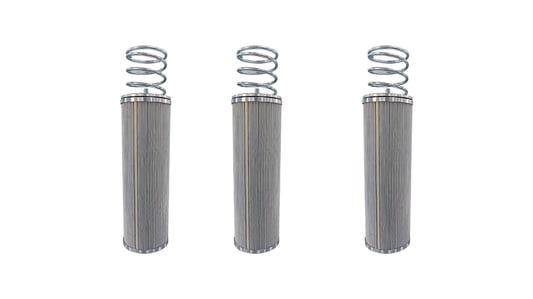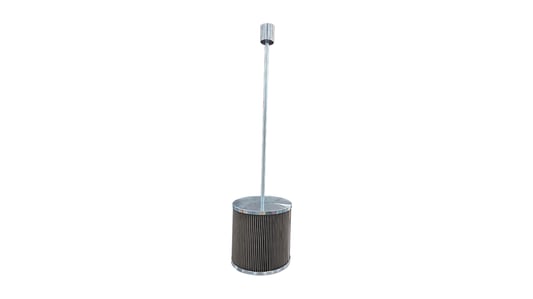1. Prevent the "protective umbrella" from becoming a "breakthrough" - avoid secondary pollution caused by filter failure·Filter blockage and bypass valve opening: All filter elements have a design pressure difference upper limit. When the pollution blockage is severe and leads to excessive pressure difference, the bypass valve will be forcibly opened to avoid pump suction or filter element crushing. At this point, the oil will not pass through at all, carrying all pollutants directly to the core components of the system, and the filter element will be virtually useless. Regular maintenance and replacement are to prevent the system from running in an "unprotected" state.·Filter element damage (breakdown): Filter elements that have exceeded their expiration date may tear due to fatigue or high pressure differentials. A large amount of intercepted pollutants and filter material fragments will flood into the system at once, causing catastrophic sudden pollution that may immediately cause the valve core to jam.2. Maintain system performance and efficiency·Stable system pressure drop: Clean filter cartridges have a small pressure drop and have minimal impact on system efficiency. A clogged filter element can cause significant pressure and flow losses, resulting in weak and slow actuator action, increased system heating, and increased energy consumption.·Ensure response accuracy: For precision servo systems, the cleanliness of the oil directly determines the response speed and positioning accuracy. A well maintained filter element is the foundation for maintaining a high level of cleanliness.3. The key to achieving cost optimization·Preventive cost<<Corrective cost: The cost of replacing a filter element (tens to thousands of yuan) is much lower than the cost of repairing or replacing a hydraulic pump or servo valve (thousands of yuan), not to mention the huge losses caused by downtime.·Maximizing the value of the filter element: Replacing the filter element at the appropriate time is making the most of everything. Replacing too early results in waste, while replacing too late risks equipment damage. Scientific maintenance (such as based on differential pressure or oil analysis) is precisely searching for this optimal equilibrium point.4. Provide a "diagnostic window" for system health status·Analysis of filter cartridge debris: Disassembling and inspecting the replaced old filter cartridge can detect abnormal pollutants (such as a large amount of non-ferrous metal shavings, rubber seal fragments, fibers, etc.), thereby warning of early wear or failure of a specific component in the system (such as pump bearings, seals). This is the highly valuable 'post analysis' step in filter maintenance.5. Ensure the service life of the oil·Filter element is the first line of defense to control oil pollution and delay oil oxidation. Improper maintenance can lead to uncontrolled pollution, accelerating oil degradation and requiring more frequent replacement of expensive hydraulic oil in the entire tank.Quote Inquirycontact us










